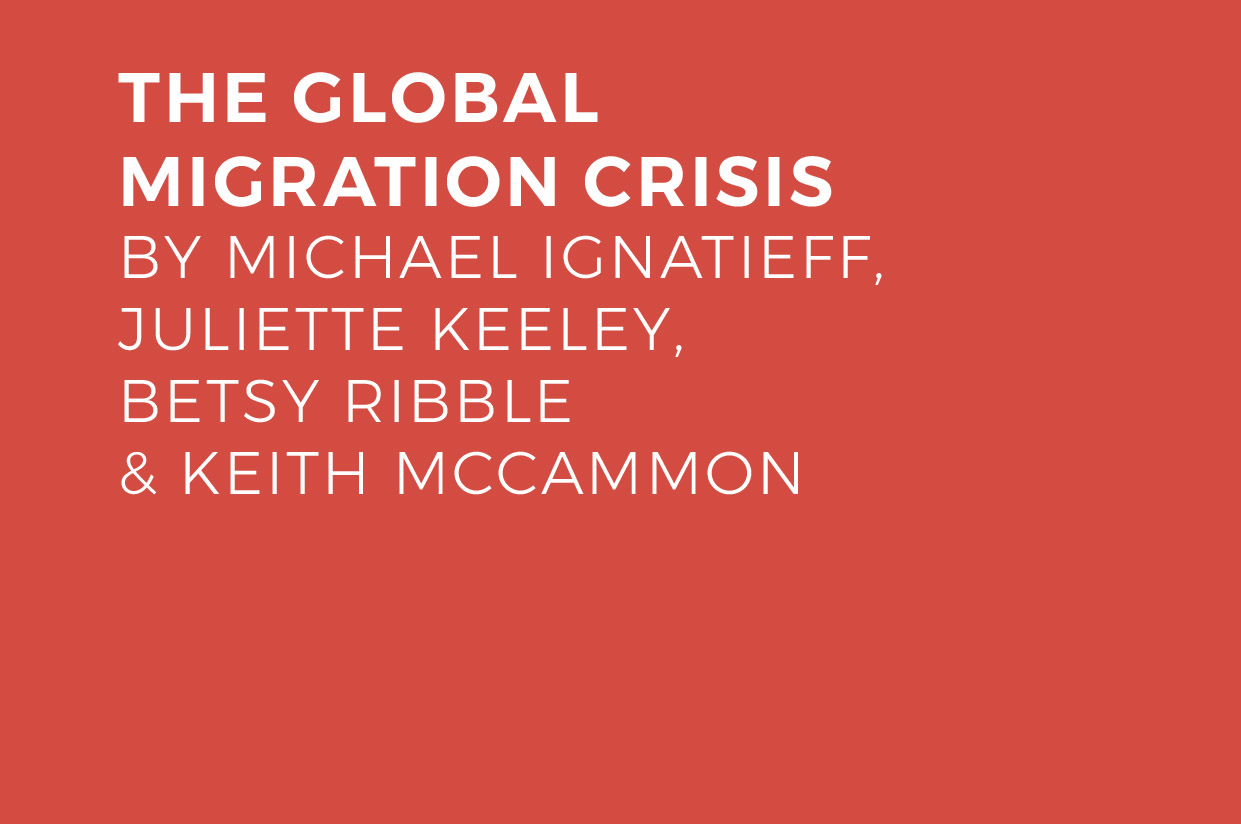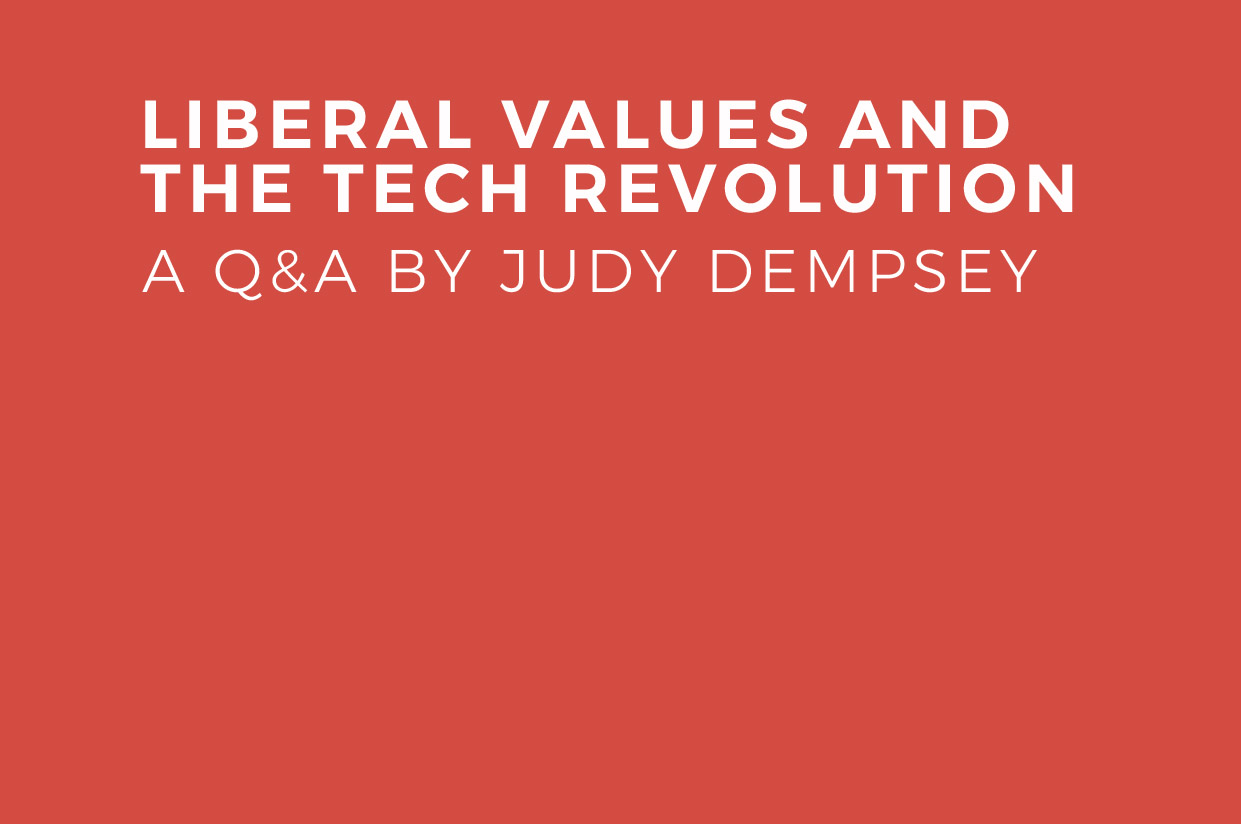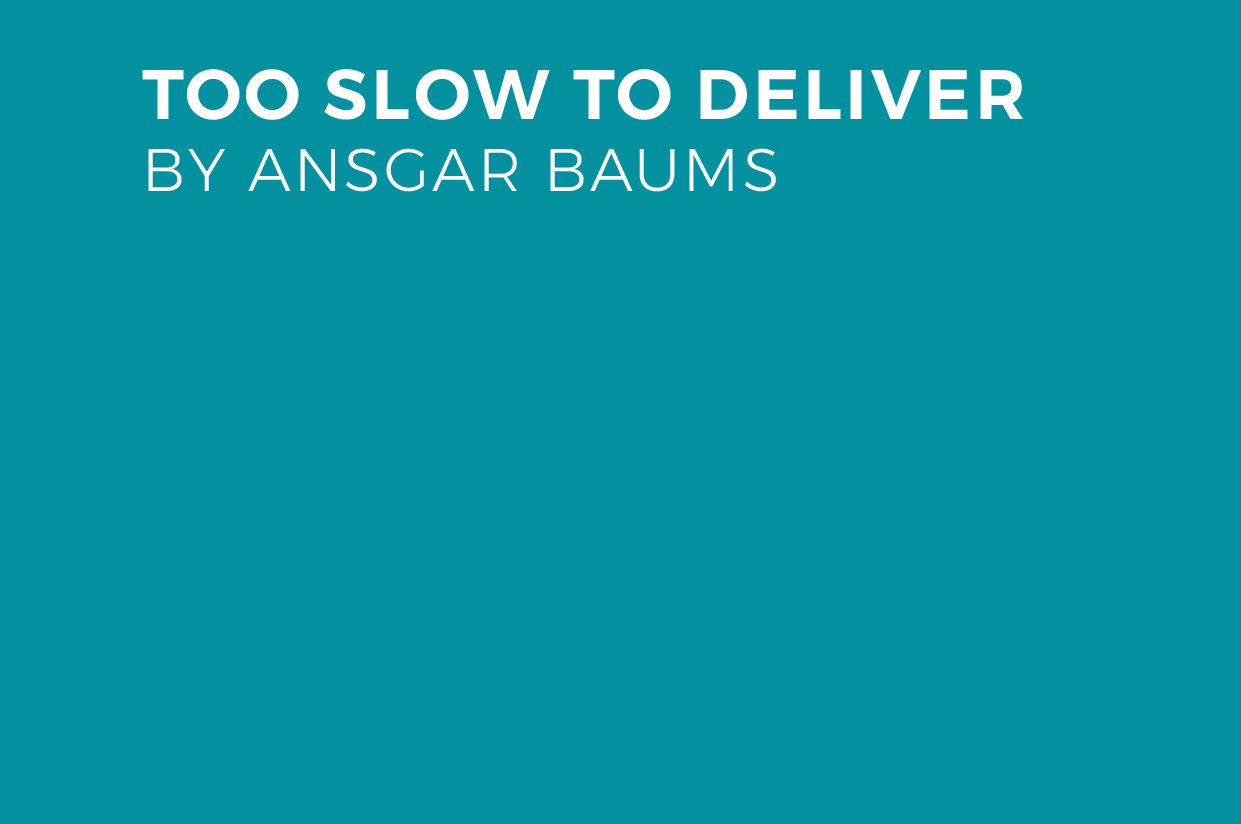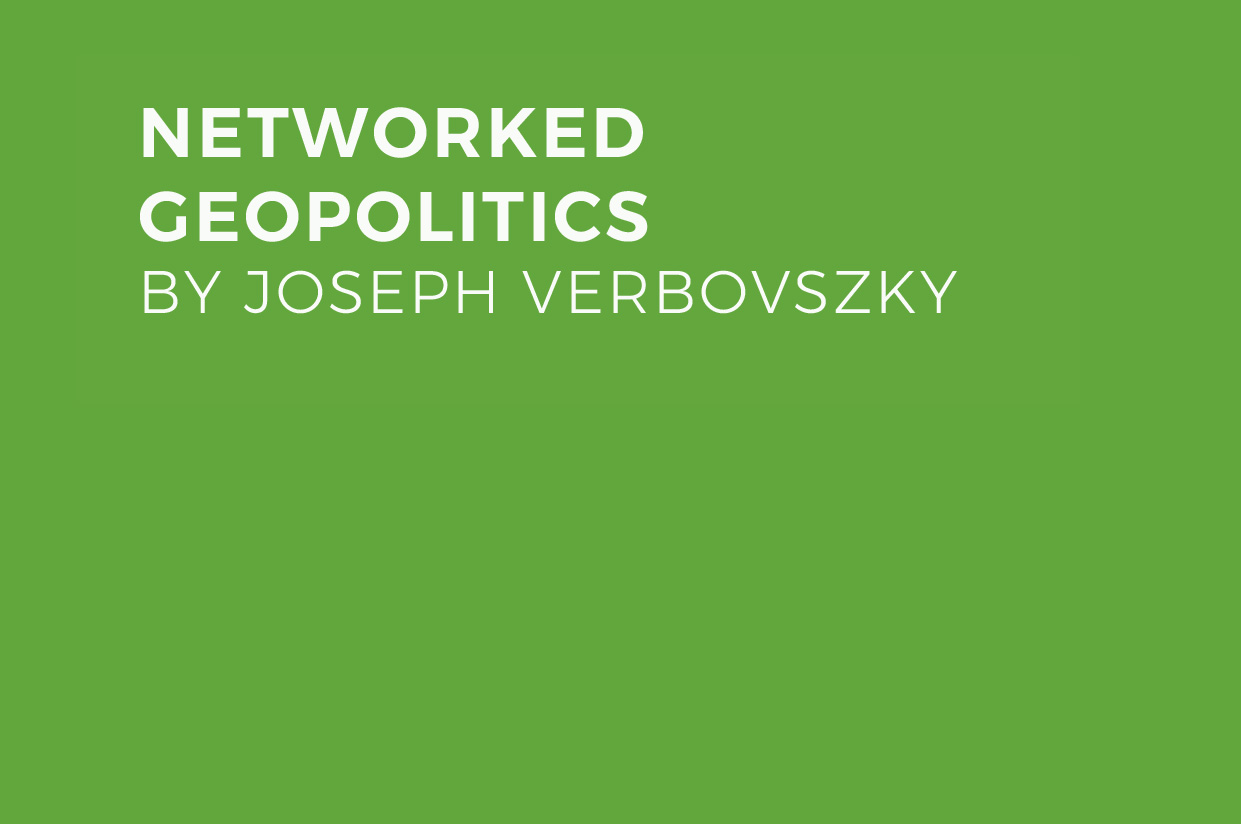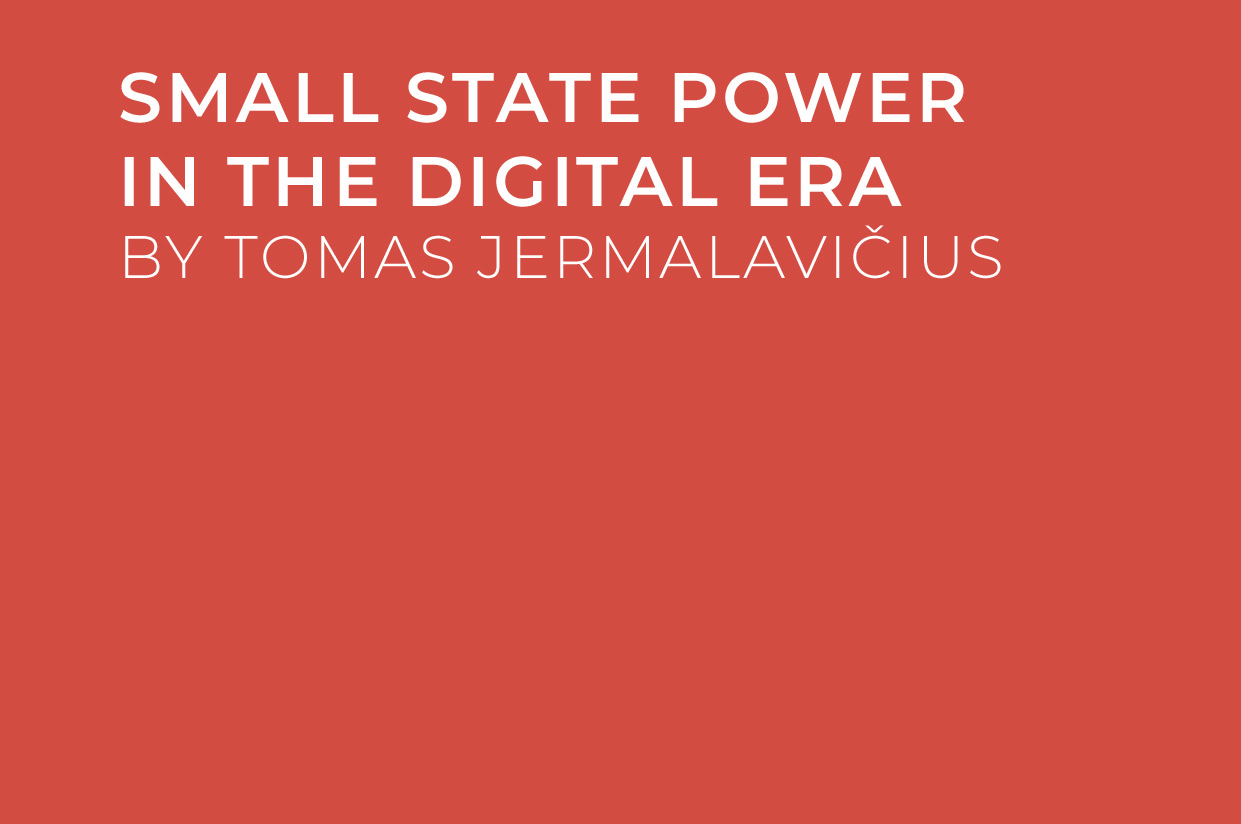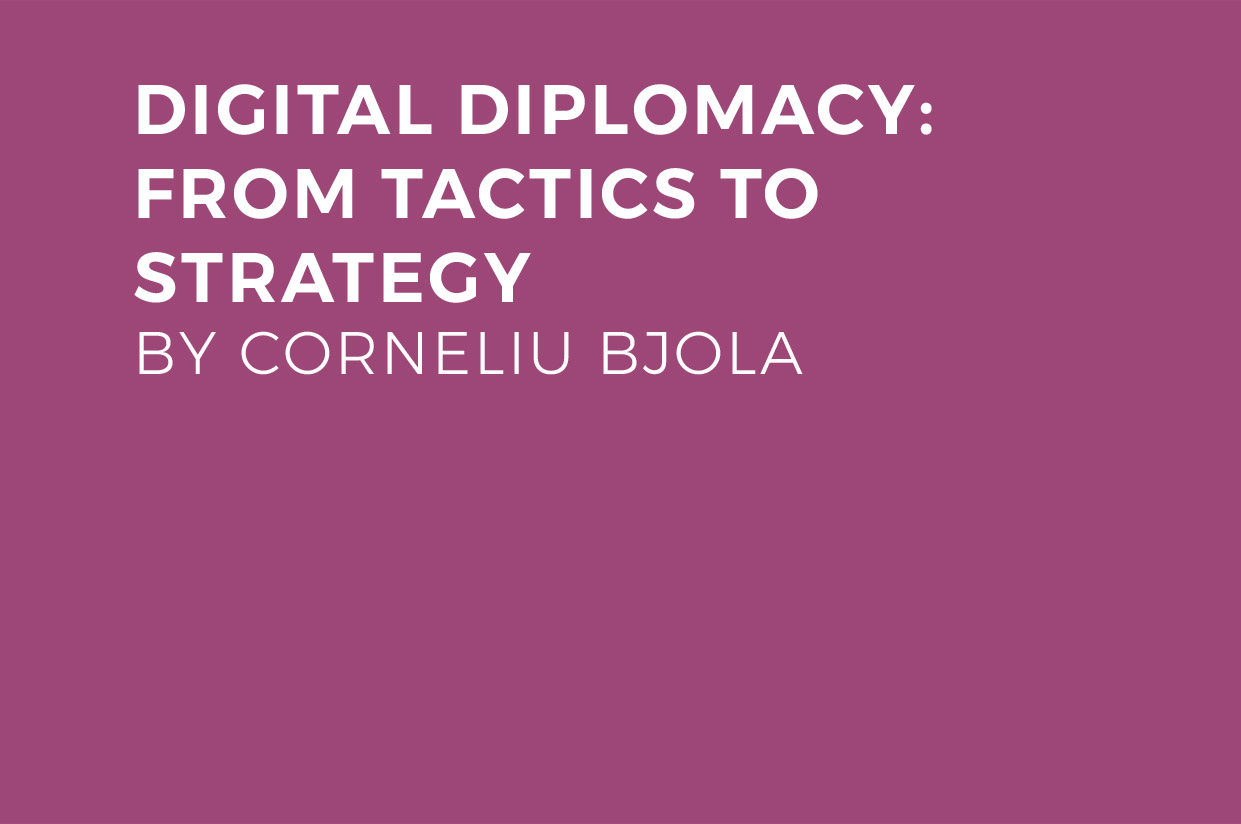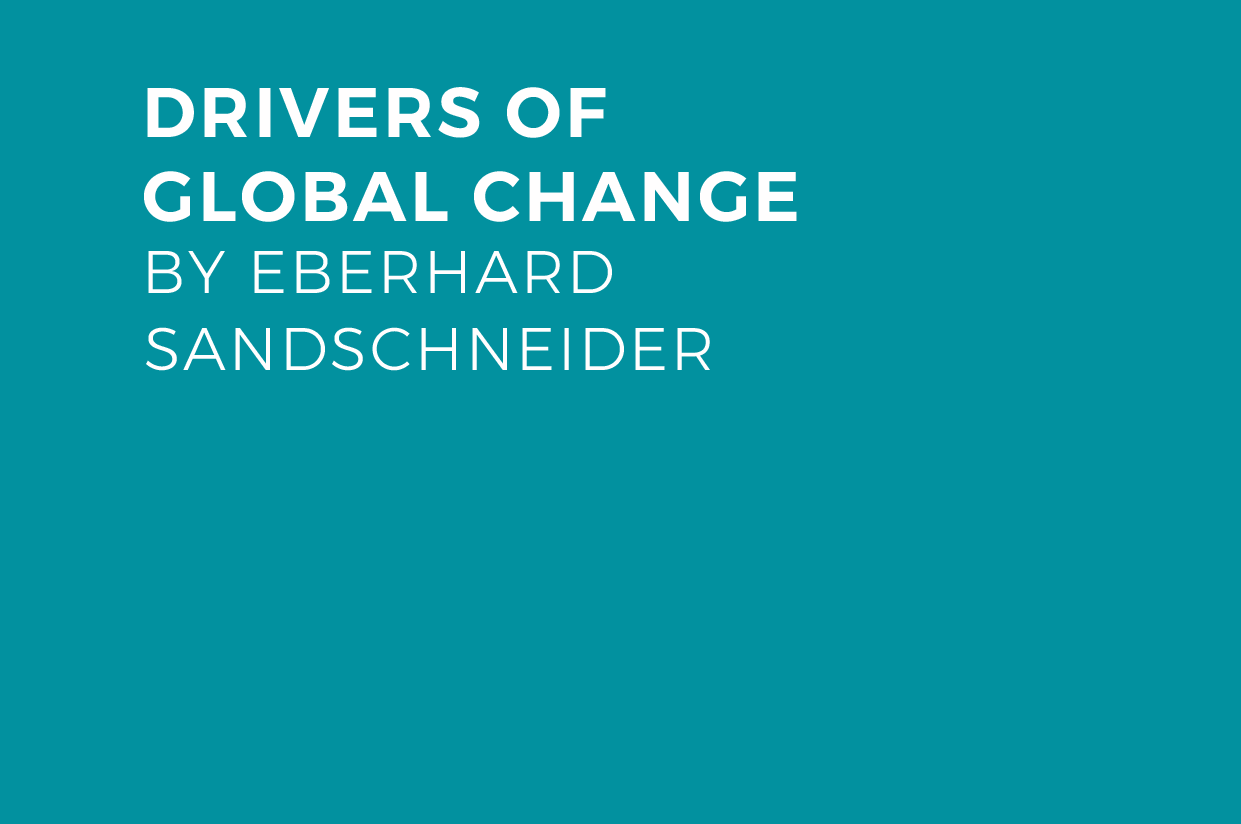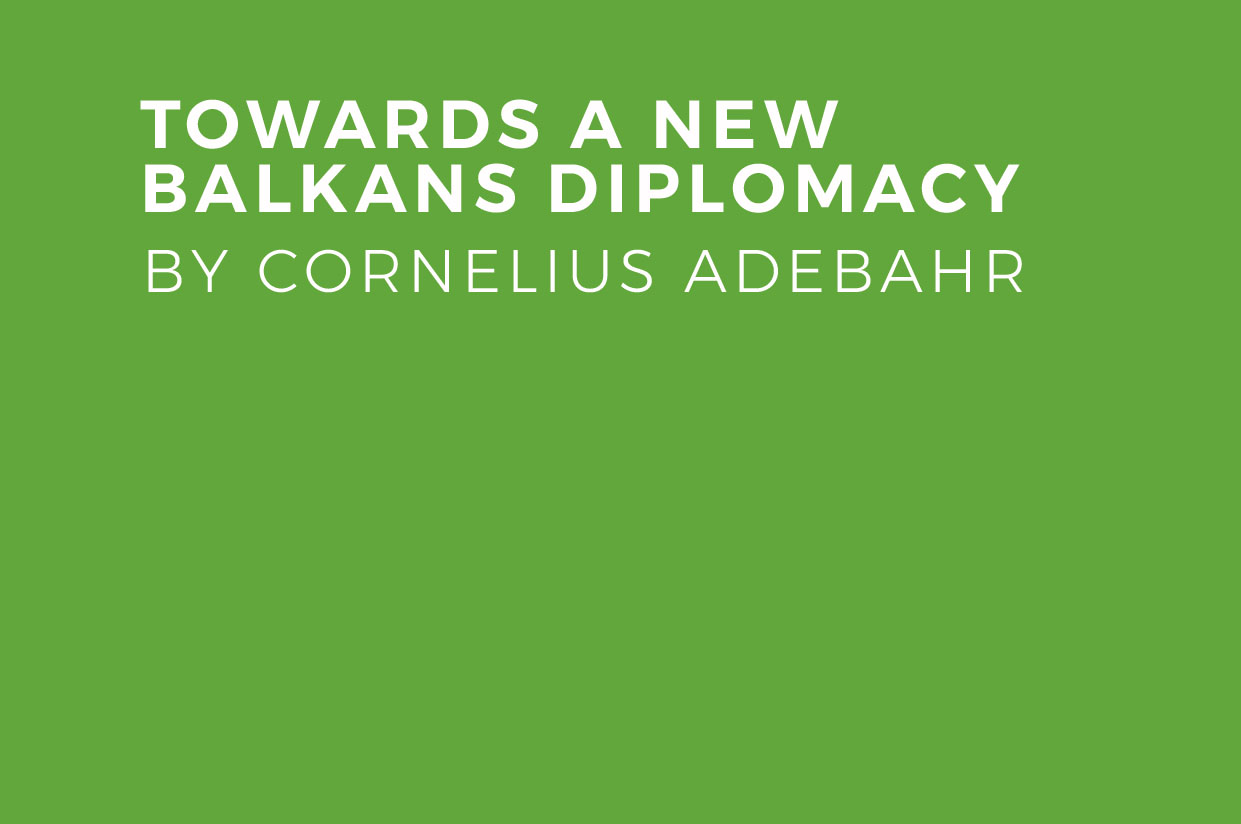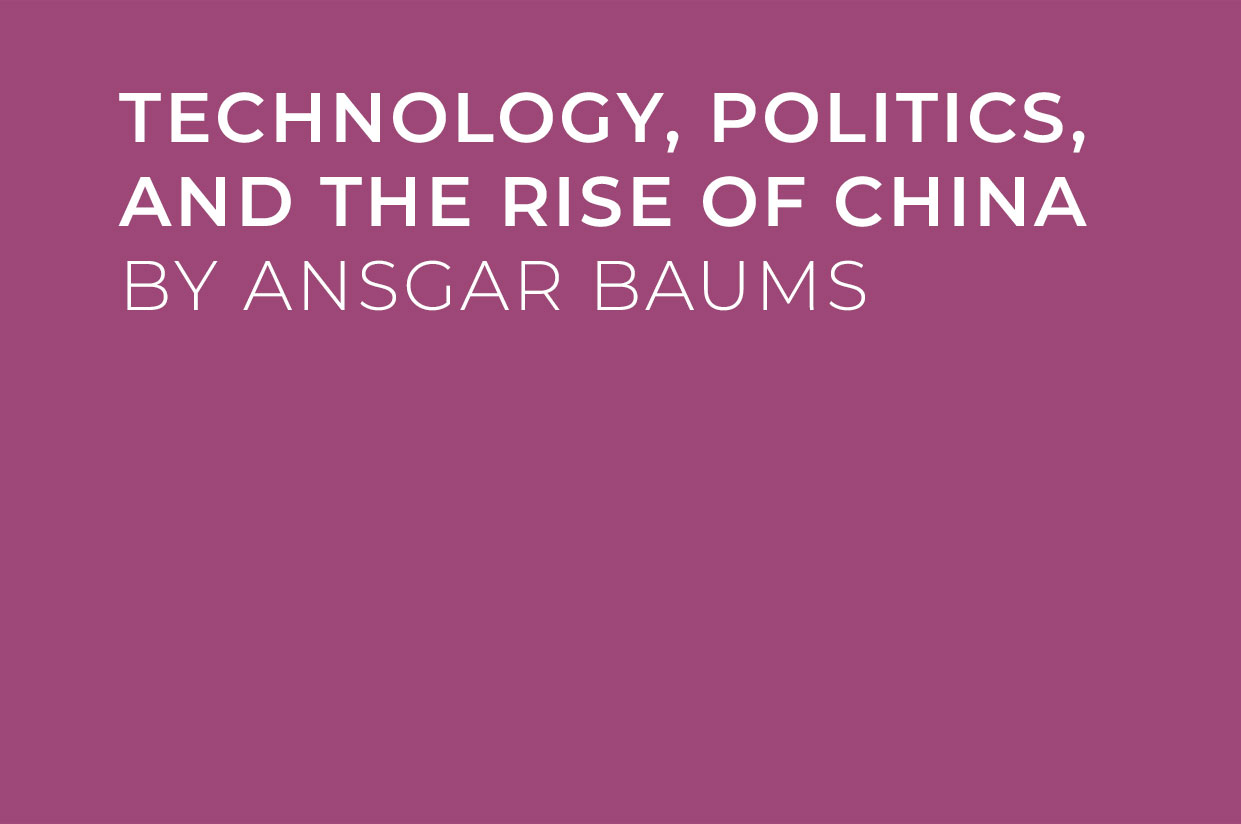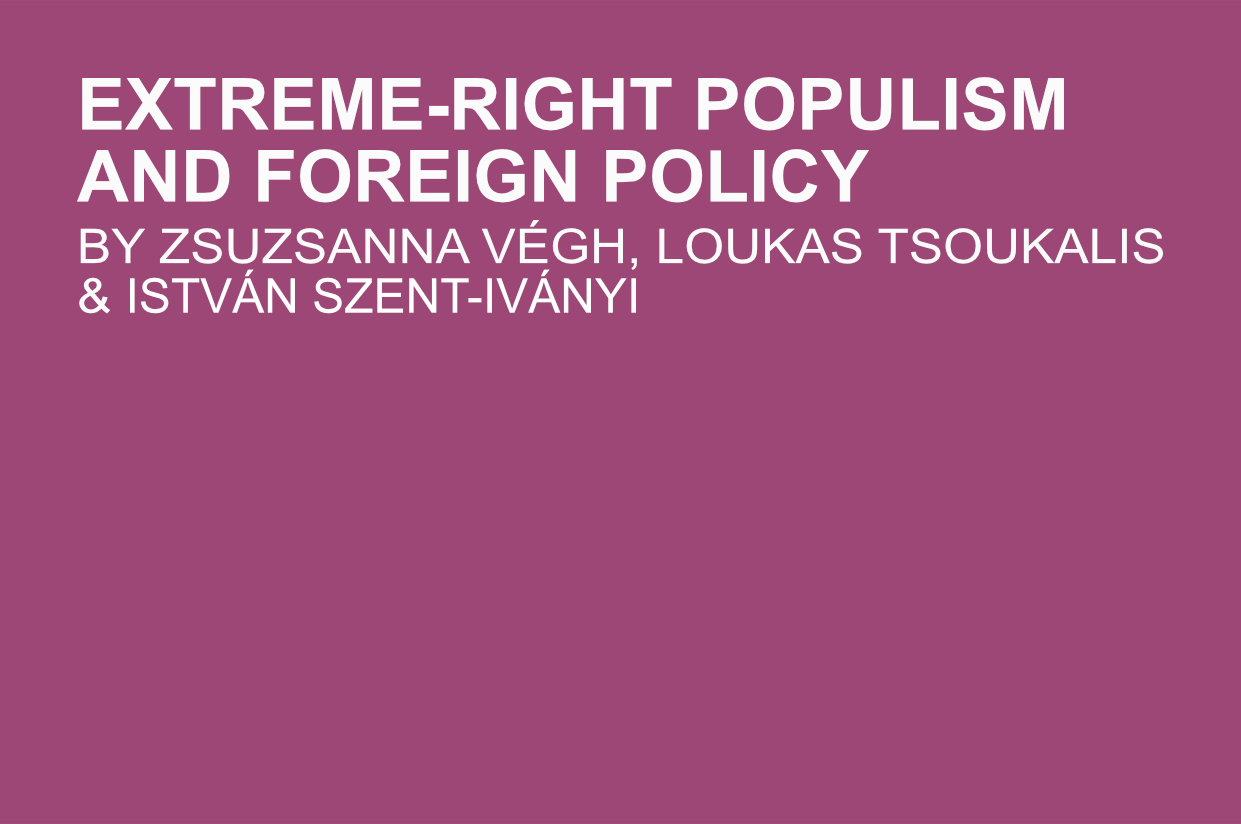
Extreme-Right Populism and Foreign Policy
The 2023 Richard C. Holbrooke Workshop at the American Academy in Berlin took place on November 29 and was chaired by fall 2023 fellow Andrew Moravcsik, Professor of Politics and International Affairs at Princeton University. The workshop convened scholars, practitioners, and policy experts, who gathered to assess the concrete impacts of extreme-right populist parties on the foreign policy of advanced industrial democracies over the past quarter century. They also addressed the underlying factors of the global rightward drift, as well as the impact it will have on the future of policymaking. The workshop consisted of three sessions, focused on the nature and sources of extreme-right foreign policy rhetoric and the impact of extreme-right populist parties on security policy and economic globalization. Below are three brief excerpts from the sessions.
The Mainstream’s Role in Radical Right Impact
By Zsuzsanna Végh
From once marginalized pariahs, radical right parties have become staple features of party systems across most EU member states. Their increasing electoral support positions them as challengers to established, mainstream parties, especially on the right. These threatened mainstream parties thus often feel compelled to compete with the radical right by shifting their positions closer to those they perceive to be successfully driving the agenda. The prime policy-area of concern, of course, is immigration and asylum policy, which is of foreign-policy relevance since competition has unfolded in the European Union both on the national and European level in recent years.
Though mainstream parties hope to lessen the radical right’s appeal when co-opting its seemingly popular positions, instead of diffusing the electoral threat, they legitimize exclusionary and intolerant attitudes and policy positions and contribute to the radicalization of both their own party platform and the policy debate. This ultimately paves the way for policy reforms that reflect the illiberal preferences of the radical right, which is thus able to claim success for having impacted the policy in an environment that meanwhile also became more accommodating toward its preferences.
Such dynamics are observable across Europe, most recently in the Netherlands, and on the EU level, between the European People’s Party and the European Conservatives and Reformists. The EU’s asylum policy, under pressure not just by increasing numbers of asylum-seekers but also the radical right, has also been developing in a restrictive direction over the past decade. As evidenced in a recent study I conducted with Michael Minkenberg (“Depleting Democracies,” published by Manchester University Press), this accommodating engagement of the mainstream with the radical right’s agenda has been central in translating the latter’s positions into policy in Eastern Europe and facilitating a lasting shift at the policy level.
Zsuzsanna Végh is a PhD researcher at the European University Viadrina and a visiting fellow at the German Marshall Fund of the United States
Immigration, Trade, and Climate
By Loukas Tsoukalis
Immigration has long been the flagship policy-complaint of the far-right, drawing on a large pool of public discontent while simultaneously adding to it. “Too many immigrants and of the wrong kind,” explicitly stated or otherwise, points to a direct connection with identity issues. If in doubt, simply compare the treatment accorded to Syrian and Ukrainian refugees in many European countries.
What comes first: public discontent or populists on the far right? It looks like a chicken-or- egg question. Perhaps not surprisingly, political parties closer to the centre and beyond have gradually, and at least partially, adopted the immigration agenda of the far right. And since restrictive immigration policies have not been very successful in stopping people from coming in (see recent examples of the UK and Italy), worse things may follow. Mainstream parties will be called upon to reconcile European demographic trends with popular opposition to immigration. This is hardly an easy task.
Economic globalisation in its neoliberal version has created winners and losers in the developed world. Here again, the far right (and not only) has seized the political advantage. It has been most successful in the US and the UK, which have experienced the biggest rise in inequalities. Europe has more open economies than the US, while trade policy is an EU competence. Hence, we may expect Europe to be less protectionist than the US.
A similar distinction between the two sides of the Atlantic should be drawn in relation to climate policy: there are not too many climate deniers in Europe. Yet, as climate policy impacts directly on the everyday life of citizens and opposition to unpopular measures rises, we may, alas, expect Europeans to adopt St. Augustine’s prayer: “God give me virtue, but not yet.”
Loukas Tsoukalis is the president of the Hellenic Foundation for European and Foreign Policy, Greece
Lamenting the Hungarian Model
By István Szent-Iványi
One need only look to the example of Italian prime minister Giorgia Meloni to discern a tendency of populist leaders to become tamed once in power. They often consolidate views and adapt to the mainstream. But Hungarian prime minister Viktor Orbán has followed a completely opposite path: before 2010, he pursued a moderate, center-right, Atlanticist, pro-EU policy. Only after coming to power did he become increasingly radical, extremist, and populist. Today, he takes a diametrically opposite position on almost all issues than he did before 2010. And because he has a supermajority, he has introduced a new constitution and adopted a new electoral law favorable to him, eliminated checks and balances, and altered the general system of governance. Today there are no internal limits, and apparently the external limits are also weak.
Ideology plays only a limited role in Orbán’s politics. The basis of his illiberal ideology is that the West is declining, liberal democracy is obsolete, and only strong states led by strong men representing archconservative traditional values can meet the challenges of our age. The future will belong to the countries of the East, within which there are three prominent partners, the so-called star countries: China, Russia, and Turkey. The operationalized version of this ideology is the political doctrine called Eastern Opening.
Orbán is a professional power technician who is guided by present, transactional interests; his inconsistencies does not bother him or his followers. His foreign policy has three important elements: anti-West, anti-EU, and anti-migration. A significant part of Hungarian society resonates with this kind of anti-West resentment. They feel that the West has betrayed them—in Yalta in 1945; in 1956 during the Hungarian Revolution—and they are also plagued by a feeling of inferiority towards the West. Anti-Westernism is a ticket that can be sold in many relations, which is why Orbán is a popular partner in China, Russia, the Western Balkans, and many developing countries.
Orbán’s anti-EU stance comes from the system’s anti-elite character. He claims that the EU is led by a globalist, cosmopolitan elite, elected by no one, that wants to abolish national identities and nation-states. But the real reason behind his hostile feeling towards the EU is that the EU imposes the only external limits placed on him, since there are no limits to his doing what he wants domestically. Orbán therefore has a comprehensive reform plan to rebuild the EU into a loose intergovernmental organization with no say in internal affairs. He calls this the “Europe of Nations” concept.
Orbán’s anti-migration stance is based on a sort of conspiracy theory. According to him, the background powers and globalist elite want to carry out a population exchange and replacement in Europe to break nations’ identities and establish a lasting left-wing globalist rule. Anti-immigration helped him become a political leader at the European level. Before the migration crisis, he was considered a corrupt, anti-democratic strongman, of which there are many on the EU periphery (Fico, Basescu, Borisov, Vucic, Gruevski), but they have no European appeal or electorate. Orbán realized that with his own anti-migration move he could stand out from them and successfully appeal to some of the Western voters and electorate.
Blackmail and the veto policy are the strongest weapons in Orbán’s foreign-policy arsenal. Hungary often vetoes in the EU and, in some cases, in NATO. Between 2020-22, 60 percent of the veto votes cast on EU foreign-policy issues were cast by Hungary. Orbán considers his veto right as an exchangeable commodity, which he put on sale to third countries. It is no coincidence that efforts to abolish unanimous vote in foreign-policy matters in the EU are becoming increasingly intense. Orbán has so far been quite successful and able to achieve many concessions through blackmail and veto.
Hungary’s illiberal foreign (and domestic) policy has made the country a pariah in the Western world, but it has not been completely isolated and ostracized. So far, it is constantly forced to make concessions, which Orbán can sell as a victory in Hungary. He has followers from time to time, but they usually fail after a while (Kaczynski, Jansa, Gruevski, or previously Fico, who has now returned). Nevertheless, the “Hungarian model” has had a contagious effect in the EU.
István Szent-Iványi is Senior Fellow of the Department of International Relations at the Kodolányi University, in Budapest, and Vice-President of the Hungarian Atlantic Council.


